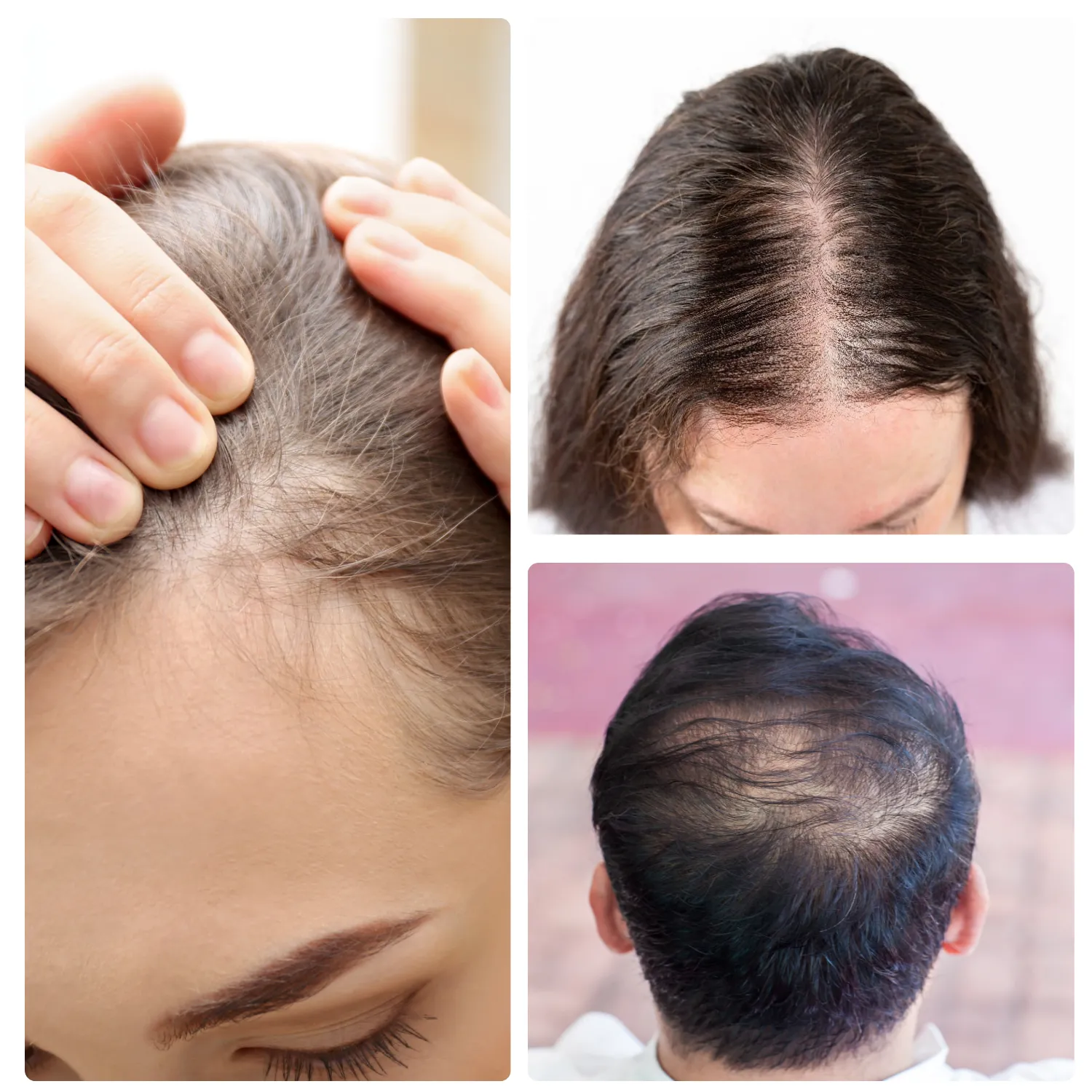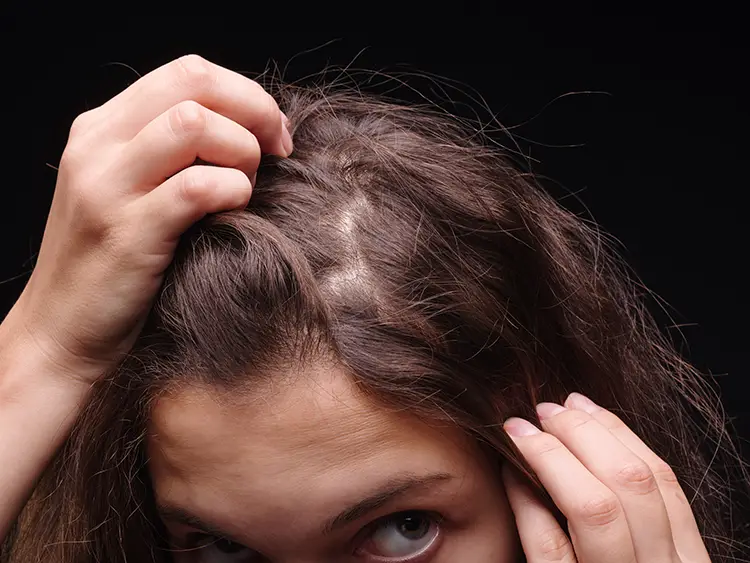
Acne appears as pimples or blackheads, often on the face, chest, or back. Hormonal changes, stress, or poor skincare can trigger acne. Regular cleansing and seeing a dermatologist can help clear up acne and prevent scarring.
Rosacea causes redness and visible blood vessels on the face. Eczema causes dry, itchy patches. Both can be treated with creams, anti-inflammatory medications, and in some cases, chemical peels. Identifying the type of skin problem early on helps ensure better treatment.
Other skin disorders include dry skin, dead skin buildup, skin infections, or minor allergic reactions. These problems often appear as a patch on the skin. Each needs different care, so it's important to see a dermatologist.

Factors of Dangerous Skin Diseases Unhealthy skin may be dry, discolored, or have unusual growths. Skin cancer and other serious skin diseases need immediate treatment. Recognizing these problems early can save your skin and health.
Fungal infections appear as itchy, red, circular patches of skin. They can be treated with antifungal creams or medications. Good hygiene and proper treatment help prevent the spread of these infections.
Acne treatments often include topical creams, oral medications, and sometimes laser treatments. A dermatologist will recommend the best course of action based on the severity of your acne and skin type.